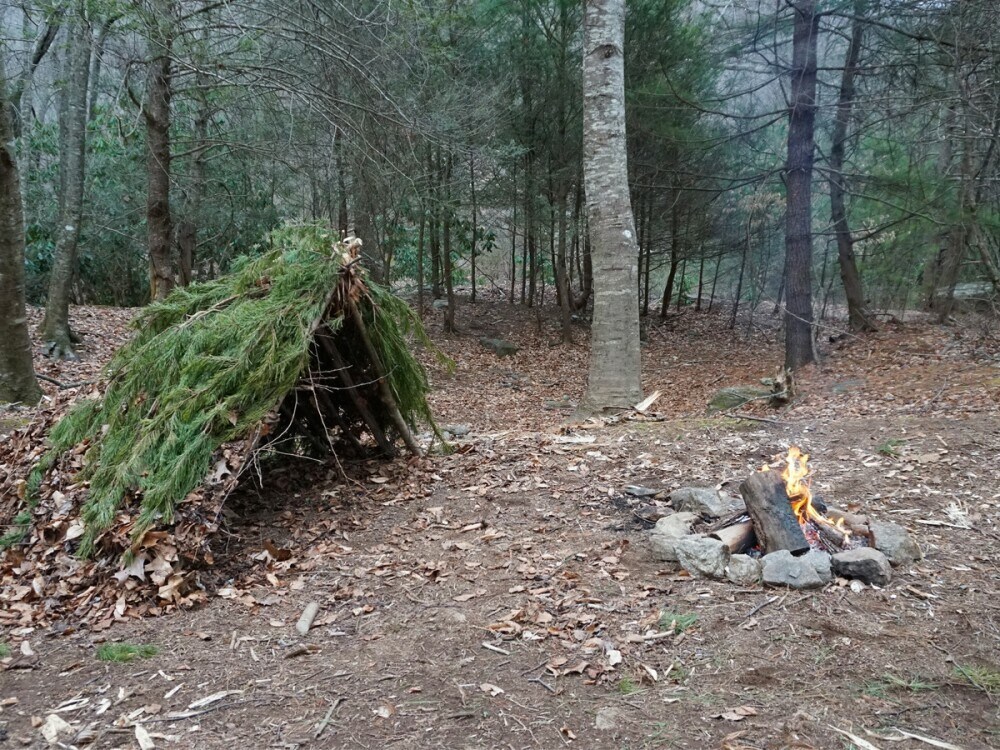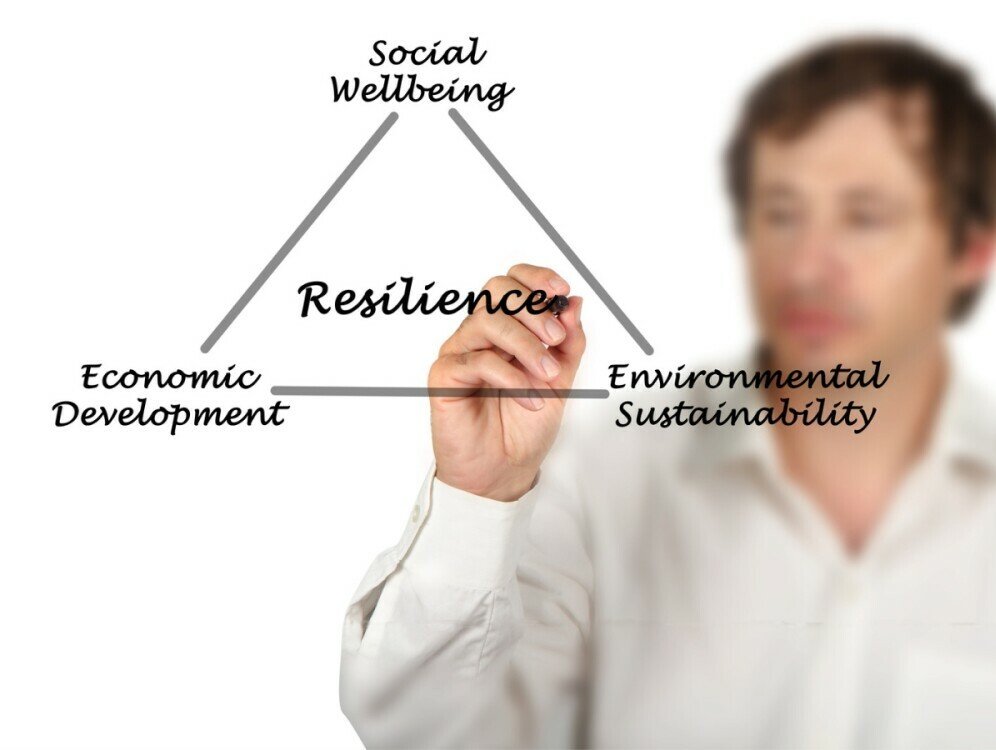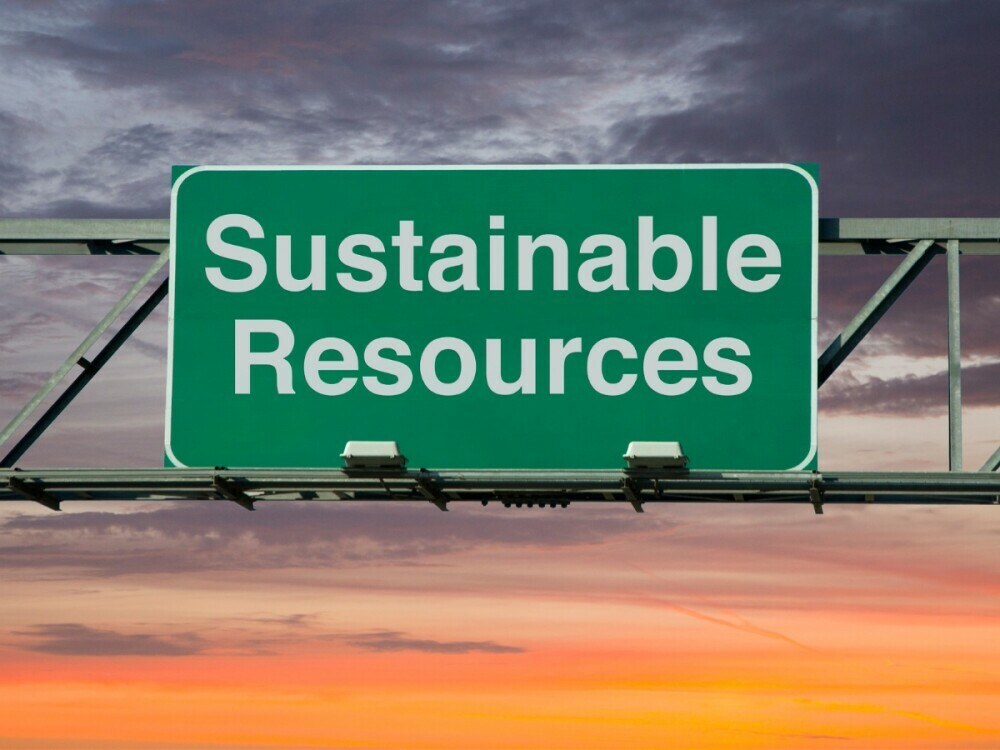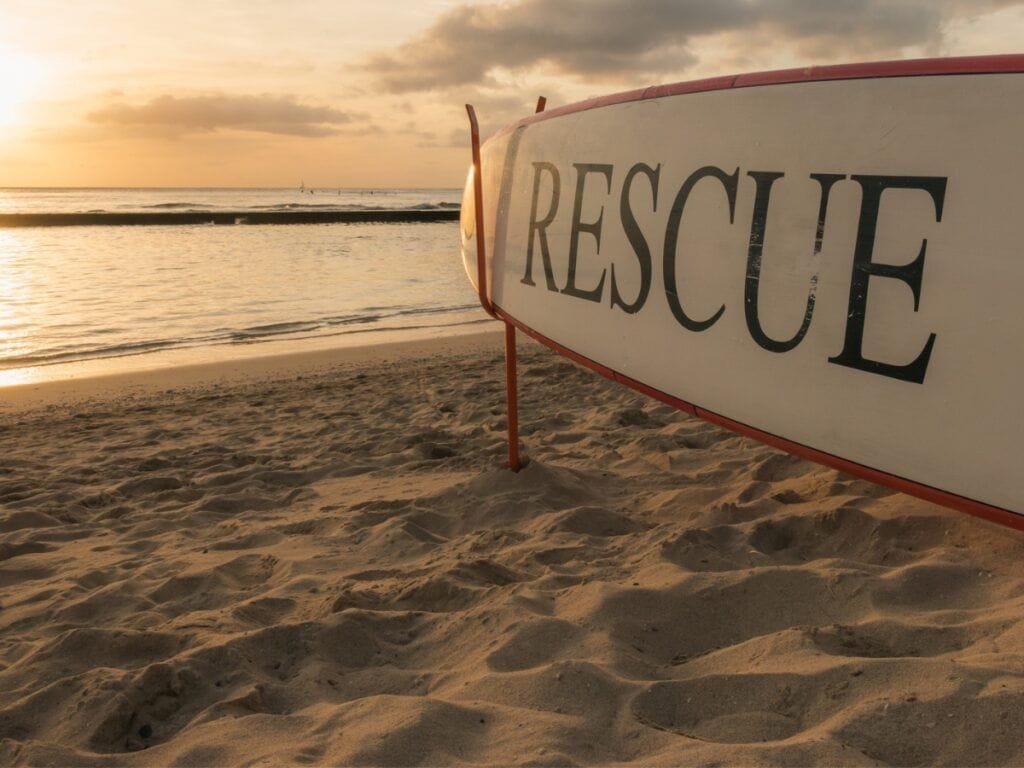Community service is often seen as a selfless act, but it also offers a unique opportunity for personal growth and development. By stepping outside your comfort zone and serving others, you can cultivate a set of essential survival skills that will serve you well in all areas of life. Let’s dive into six key skills you can gain while making a positive impact on the world around you.
Why Survival Skills Matter
Survival skills are vital because they prepare you for unexpected situations, whether you’re facing a natural disaster, lost in the wilderness, or handling a personal crisis. These skills ensure you can stay calm, think clearly, and take appropriate actions to safeguard yourself and others.
Gaining survival skills isn’t just about attending classes or reading manuals. Practical, hands-on experience helps cement these lessons in real-world contexts. One often overlooked way to develop these crucial abilities is through community service. By volunteering, you find yourself in challenging situations requiring you to adapt, solve problems, and work under pressure.
Volunteering connects you with diverse communities and exposes you to different environments and scenarios.

Such experiences mirror survival settings where adaptability and quick thinking are necessary.
In this article, I’ll highlight six key survival skills you can gain from volunteering. These skills will not only help you in critical situations but also enhance your daily life, making you more resilient, resourceful, and ready for anything that comes your way.
Skill 1: Problem-Solving and Adaptability
Volunteering often places you in unexpected scenarios where quick thinking is required. Imagine managing a community picnic and suddenly facing a shortage of supplies. In such moments, you must think on your feet, find solutions, and adapt to the situation. This sharpens your problem-solving skills and teaches you to remain calm under pressure.
These skills are invaluable in survival contexts. Whether you are navigating an unknown trail or dealing with an emergency, quick decision-making can make all the difference. Being adaptable means being open to changing plans and finding alternative ways to achieve your goals. This flexibility is a cornerstone of survival.

Many volunteers share stories of how they had to improvise during their service, such as creating makeshift shelters during a beach cleanup when the weather turned bad or organizing impromptu medical aid at local events. These experiences build a mindset geared towards solutions rather than obstacles.
To really hone this skill, focus on taking active roles in your volunteer projects that require coordination and immediate problem-solving. Embrace challenges and see them as opportunities to fine-tune your adaptability. Over time, you’ll naturally develop a knack for finding efficient solutions swiftly and effectively.
Skill 2: Communication and Teamwork
Good communication and teamwork are foundations of effective community service. Whether coordinating a food drive, organizing a local event, or working with a diverse group of volunteers, clear communication ensures everyone is on the same page. Effective teamwork means each member understands their role and contributes towards a common goal.
In survival situations, these skills are essential. Clear communication can prevent misunderstandings, while strong teamwork enables groups to pool their resources and skills for a better chance of success.

Imagine being stranded in the wilderness with others—communicating effectively about the available resources and plan can mean the difference between panic and a well-organized survival strategy.
Take advantage of opportunities within your volunteering to practice these skills. Lead meetings, facilitate discussions, or handle conflict resolution among team members. Take note of what works and what doesn’t, and strive to improve.
Reflecting on past volunteering experiences can provide valuable insights into how you handle communication and teamwork. Learn from both successes and mistakes to become a more effective team player. Remember, your ability to communicate clearly and work well within a team can significantly impact the outcome of any high-pressure situation.
Skill 3: Leadership and Initiative
Volunteering provides numerous opportunities to step up and lead. Whether you’re coordinating a fundraising event or managing a small team during a neighborhood cleanup, these roles demand leadership and initiative. Taking charge in these situations helps you develop confidence in your decision-making abilities and enhances your leadership skills.
In survival contexts, being able to take initiative can be crucial. Leadership isn’t always about being the loudest voice; sometimes, it’s about being the calm, collected person who assesses the situation and makes informed decisions. Being proactive, anticipating problems, and acting swiftly can help in navigating crises efficiently.

For example, you might find yourself in a situation where resources are scarce, and decisions must be made quickly about allocation. Leading your group and making those critical decisions can mean the difference between success and failure in a survival scenario. The ability to remain level-headed ensures that plans are executed smoothly without unnecessary panic.
To cultivate these skills, seek out leadership roles in your volunteering activities. Volunteer to lead a committee, organize an event, or mentor new volunteers. These experiences provide a safe space to practice making decisions and guiding others. Over time, you’ll find that stepping into leadership roles becomes second nature, benefiting you not only in volunteer settings but also in high-stakes survival situations.
Skill 4: Empathy and Emotional Resilience
Community service provides a unique window into the lives and struggles of others. Whether you’re helping at a homeless shelter, working with the elderly, or supporting at-risk youth, you see firsthand the challenges people face and develop a deep sense of empathy. Understanding others’ experiences builds your capacity to connect and support those in need.
Empathy is indispensable in survival situations as well. Understanding and responding to the emotional needs of others can create a cohesive group dynamic. In high-stress scenarios, empathy allows you to offer comfort and maintain morale, which can be just as vital as physical resources.
Volunteering can also teach emotional resilience. Facing difficult situations and witnessing hardships can be emotionally taxing. Still, these experiences strengthen your emotional fortitude, allowing you to confront and process stress more effectively. Over time, you learn to manage your emotions, stay calm, and remain focused. This resilience keeps you grounded in emergencies.

Engage in volunteer activities where you’re likely to encounter different life situations. Volunteering at crisis centers, working with disaster relief organizations, or participating in mental health support networks can all contribute to building these skills. By consistently exposing yourself to emotionally challenging environments, you gradually become more resilient and better equipped to handle high-stress survival situations.
Developing empathy and emotional resilience transforms you into a supportive and reliable individual in everyday life and during crises. These skills help build trust and cooperation, essential components of any effective survival strategy.
Skill 5: Resourcefulness and Creativity
Resourcefulness and creativity often go hand-in-hand, especially in community service. Whether you’re tasked with organizing an event on a tight budget or finding ways to repurpose donated items, these challenges push you to think outside the box. Community service often demands innovative solutions, helping you develop a knack for making the most out of limited resources.
In survival scenarios, being resourceful can be a game-changer. Imagine being stuck in the wilderness with limited supplies.

The ability to repurpose items for new uses or create solutions on the fly can significantly impact your chances of coming through unscathed. Creativity in problem-solving ensures you’re not easily stumped by obstacles.
Your volunteering experiences can serve as a practice ground for honing these skills. Take on projects requiring innovative solutions. Participate in activities where resources are scarce and improvisation is necessary. Over time, you’ll build a repository of creative strategies you can draw upon in any situation.
For instance, working at a community garden might teach you how to use natural materials to build necessary structures. Organizing a charity event with minimal resources might develop your ability to barter and negotiate effectively, securing what you need without spending money.
To boost your creativity, expose yourself to varied experiences within your volunteering role. Step into activities outside your comfort zone and embrace the challenge of finding novel solutions. The more you push those boundaries, the better equipped you’ll be to handle whatever life throws at you, in or out of a survival context.
Skill 6: Physical Endurance and Stamina
Volunteering often includes tasks that are physically demanding. Whether it’s building homes for the underprivileged, cleaning up parks, or distributing supplies in disaster-affected areas, these activities require stamina and endurance. Engaging in such tasks helps you build physical strength, which is critical in survival situations.
In scenarios where you might have to walk long distances, carry heavy loads, or even assist others physically, having good stamina is crucial. Physical endurance ensures that you can keep going even when you’re exhausted, which can make a big difference in emergencies.

One of the best ways to build this stamina through volunteering is by participating in activities that challenge you physically. Take on projects that push your limits. Over time, you’ll notice an improvement in your endurance levels. It’s also a great way to maintain overall physical fitness, which has benefits far beyond survival situations.
Incorporating regular physical activities into your routine, even outside of volunteering, can further enhance your endurance. Activities like hiking, running, or even regular gym workouts complement your volunteer efforts, ensuring you’re always in good shape for any challenge.
Translating Community Service Experience to Survival Skills
Having explored how community service helps you develop essential survival skills, the value of these experiences becomes clear. Through hands-on activities, you’ve honed your problem-solving and adaptability, refined your communication and teamwork abilities, stepped up as a leader, built empathy and emotional resilience, and enhanced your resourcefulness and physical endurance.
These skills are not just academic; they’re practical tools that can be applied in a wide range of scenarios, from everyday challenges to extraordinary crises. Engaging in community service equips you with experiences that strengthen your preparedness for the unexpected.
As you continue your volunteering journey, remember that every task you take on is an opportunity to learn and grow. Embrace the challenges, and appreciate the lessons they bring. Encouraging others to join you in community service can further extend these benefits, creating a collective resilience that enhances the overall well-being of your community.
Ultimately, the skills you gain from volunteering make you a more competent, compassionate, and resilient individual. These attributes not only serve you in times of crisis but also build a foundation for living a more meaningful and impactful life. So, step out, volunteer, and watch how these experiences shape you into someone ready to handle whatever comes your way.

